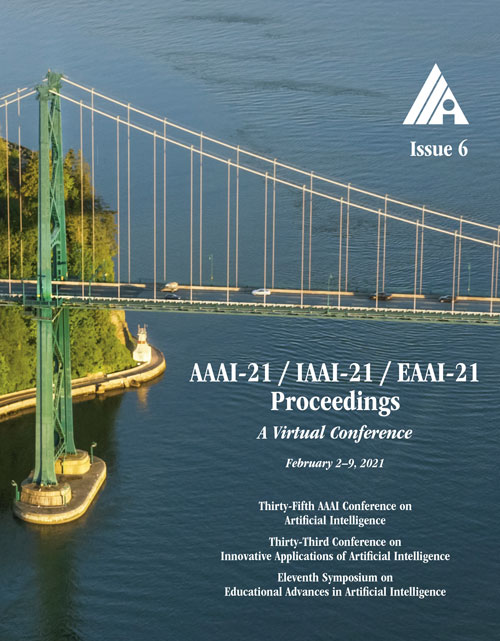Solution Concepts in Hierarchical Games Under Bounded Rationality With Applications to Autonomous Driving
DOI:
https://doi.org/10.1609/aaai.v35i6.16715Keywords:
Behavioral Game Theory, Motion and Path Planning, Simulating HumansAbstract
With autonomous vehicles (AV) set to integrate further into regular human traffic, there is an increasing consensus of treating AV motion planning as a multi-agent problem. However, the traditional game theoretic assumption of complete rationality is too strong for the purpose of human driving, and there is a need for understanding human driving as a bounded rational activity through a behavioral game theoretic lens. To that end, we adapt three metamodels of bounded rational behavior; two based on Quantal level-k and one based on Nash equilibria with quantal errors. We formalize the different solution concepts that can be applied in the context of hierarchical games, a framework used in multi-agent motion planning, for the purpose of creating game theoretic models of driving behavior. Furthermore, based on a contributed dataset of human driving at a busy urban intersection with a total of ~4k agents and ~44k decision points, we evaluate the behavior models on the basis of model fit to naturalistic data, as well as their predictive capacity. Our results suggest that among the behavior models evaluated, modeling driving behavior as pure strategy Nash equilibria with quantal errors at the level of maneuvers with bounds sampling of actions at the level of trajectories provides the best fit to naturalistic driving behavior, and there is a significant impact of situational factors on the performance of behavior models.Downloads
Published
2021-05-18
How to Cite
Sarkar, A., & Czarnecki, K. (2021). Solution Concepts in Hierarchical Games Under Bounded Rationality With Applications to Autonomous Driving. Proceedings of the AAAI Conference on Artificial Intelligence, 35(6), 5698-5708. https://doi.org/10.1609/aaai.v35i6.16715
Issue
Section
AAAI Technical Track on Game Theory and Economic Paradigms

